The 7 vinegars you shouldn't use for cleaning – you'll do more harm than good
Not all vinegars are made equally...
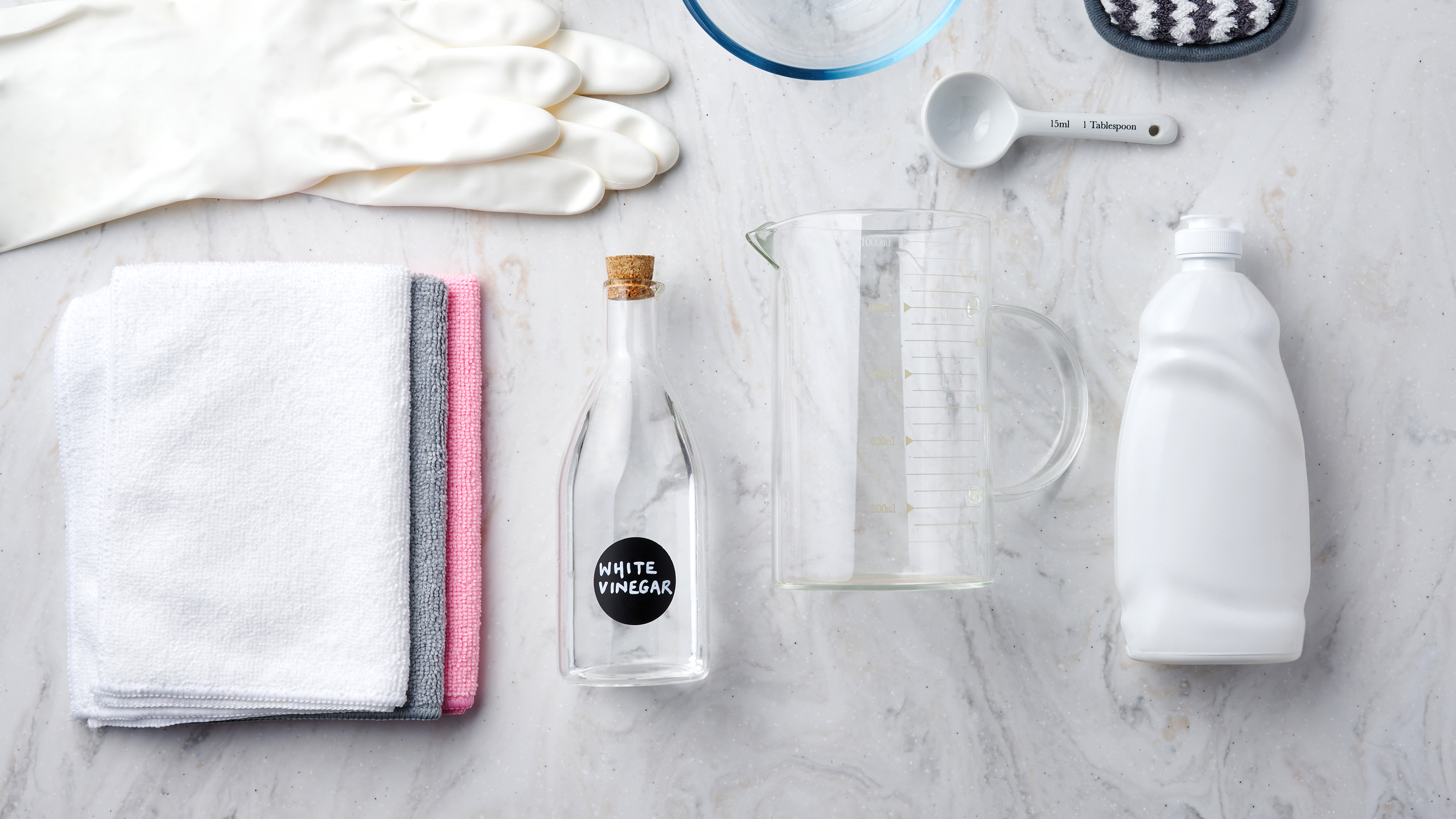

The worst kept cleaning secret around has to be the all-powerful vinegar. It's a cheap, natural and one of the most versatile options around. However, you have to be careful about exactly which type of vinegar you're using and be aware of the vinegars you shouldn't use for cleaning.
Knowing which vinegar to use for cleaning is only half the battle – it's just as important to know which types of vinegar you not to use. Look, we've all been there – shops are closed, something needs cleaning and you're desperately searching for something you can use. And while some vinegars will often be the solution, make sure you're not using ones which could cause more harm than good.
To save you from making these mistakes, we've gone to the cleaning experts to find out what you need to know.
What vinegars you shouldn't use for cleaning
Like we've said, vinegar is great to use in cleaning. but even when you're using it on the right surface, you have to be careful about mixing cleaning products.
'You do need to be careful with what you mix it with as mixed with bleach will create chlorine gas which is very dangerous,' warns Laura Harnett, founder of eco cleaning brand Seep. 'And even if you think something is suitable to clean with vinegar, you should always patch test first to make sure.'
With both of those warnings in mind, let's find out which vinegars you shouldn't use for cleaning...
1. Distilled white vinegar
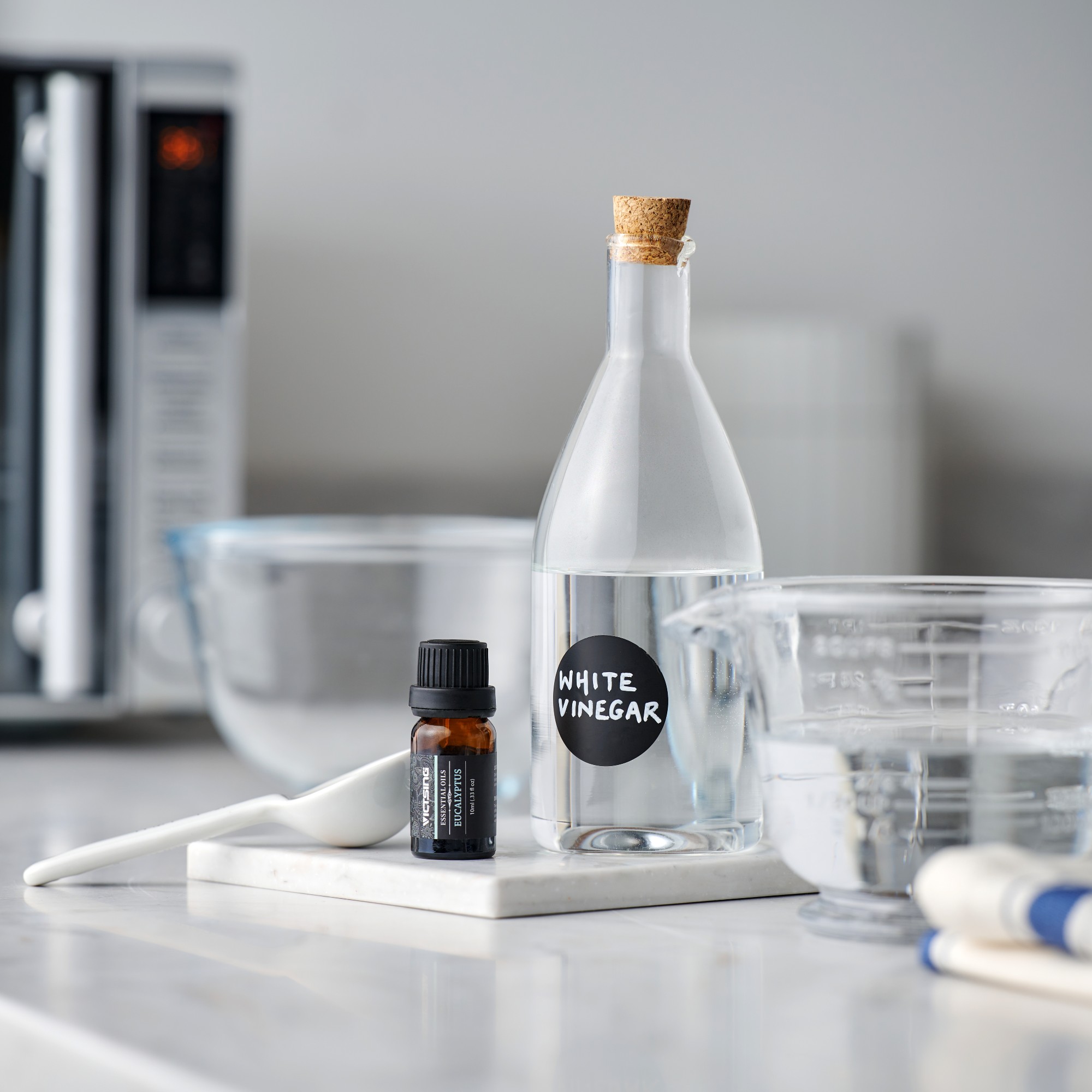
This one may seem counterintuitive, but although we usually advise cleaning with white vinegar, there are equally things you shouldn't clean with this vinegar.
'White vinegar can be a great solution for deep cleaning tasks, but the acidity can actually cause damage to certain aspects of your household,' explains Emma Lewis-Jones, product director of kitchen retailer CookServeEnjoy. 'Vinegar has a pH of 2-3, so it’s highly acidic. This means that — even if diluted in water — it can harm some items around the house when cleaning.'
'Although it can be useful for removing stubborn stains or grime from items like frying pans with non-stick surfaces, it can erode or discolour certain metals like stainless steel, as well as rubber and waxed wood.'
2. Cleaning vinegar
Another of the vinegars not to use for cleaning tat might not seem to make sense is actually cleaning vinegar itself. Although, like white vinegar, it's more about where not to use it, rather than avoiding using it entirely.
'Cleaning vinegar is not recommended for use on windows as its acidity can lead to inefficient cleaning and damage,' explains Jo Trotman, marketing manager at window designers The Residence Collection. 'Too much acid can dull shiny surfaces and it doesn’t cut through grease so it isn’t recommended to clean handprints or smudges with cleaning vinegar.'
3. Balsamic vinegar
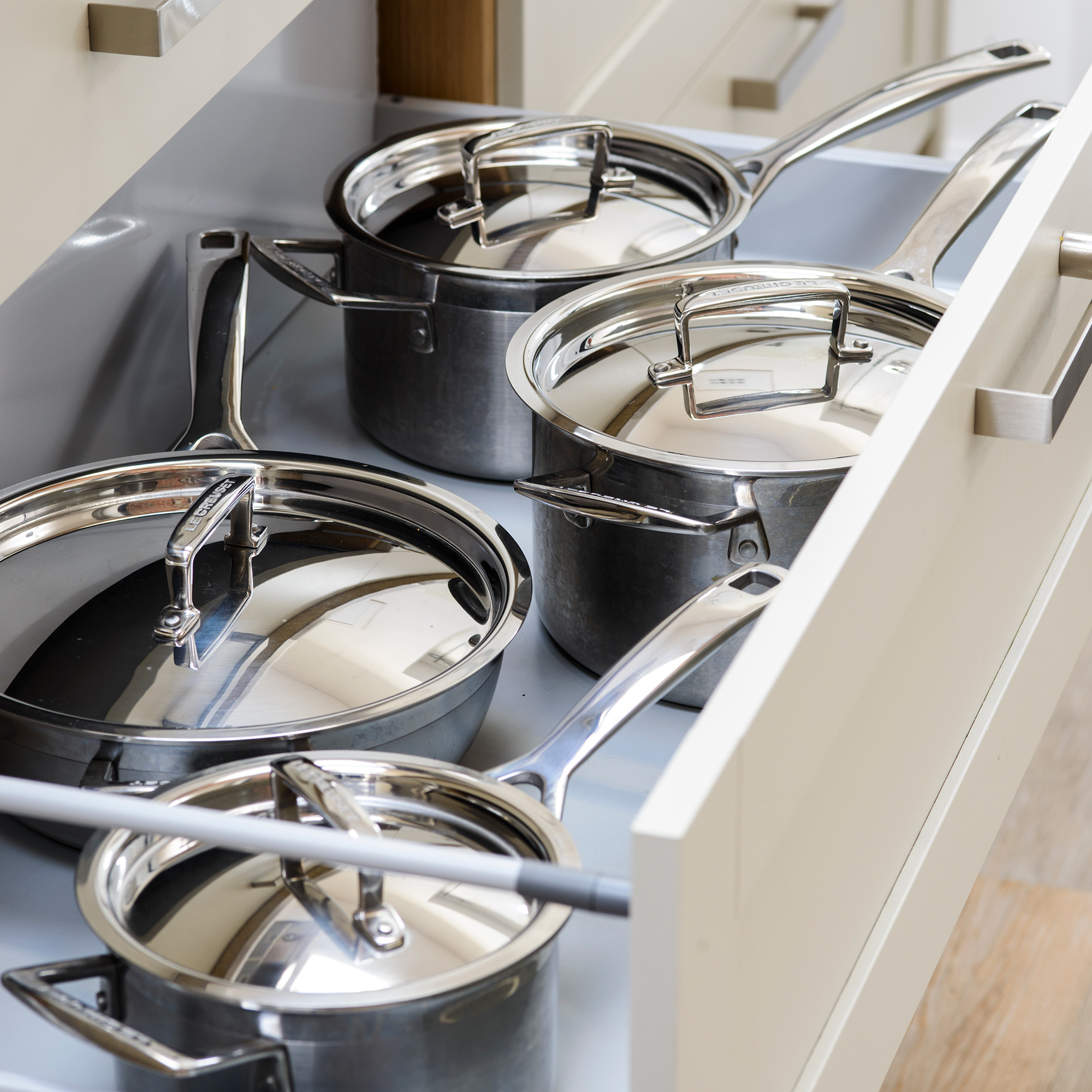
Of all the vinegars you shouldn't use for cleaning, balsamic might spring to mind. Surprisingly, you can actually use it in some areas of the home.
'Balsamic vinegar is less commonly used for cleaning but can be effective for some tasks,' explains Baqir Khan, cleaning expert and owner of Proactive Cleaners. 'Its dark colour may limit its use on lighter surfaces, but it can be employed to remove stains from pots and pans or to add a pleasant shine to wood surfaces. It should be used sparingly due to its expense compared to other cleaning options.'
That said, there are warnings to bear in mind when using balsamic. 'Its dark colour may leave stains behind on some items and surfaces it cleans,' explains Laura from Seep. 'It’s also more expensive and should really only be considered in a cleaning emergency.'
Red wine, vinegar, is the same. Technically, it works but may stain surfaces and fabrics. 'Balsamic and red wine vinegar both tend to leave sticky residues behind that can be a nuisance to clean up, and might stain surfaces due to their deep colours,' says Emma Rostron, cleaning expert from One Less Thing.
4. Balsamic glaze
Just as with the vinegar itself, balsamic glaze isn't an ideal cleaning solution. In fact it's a lot worse.
'Balsamic glaze is a sweet and syrupy variant of balsamic vinegar, which is not suitable for cleaning,' says Baqir from Proactive Cleaners. 'Its sugar content can leave sticky residue on surfaces and attract pests, making it counterproductive for cleaning tasks.'
5. Flavoured vinegars
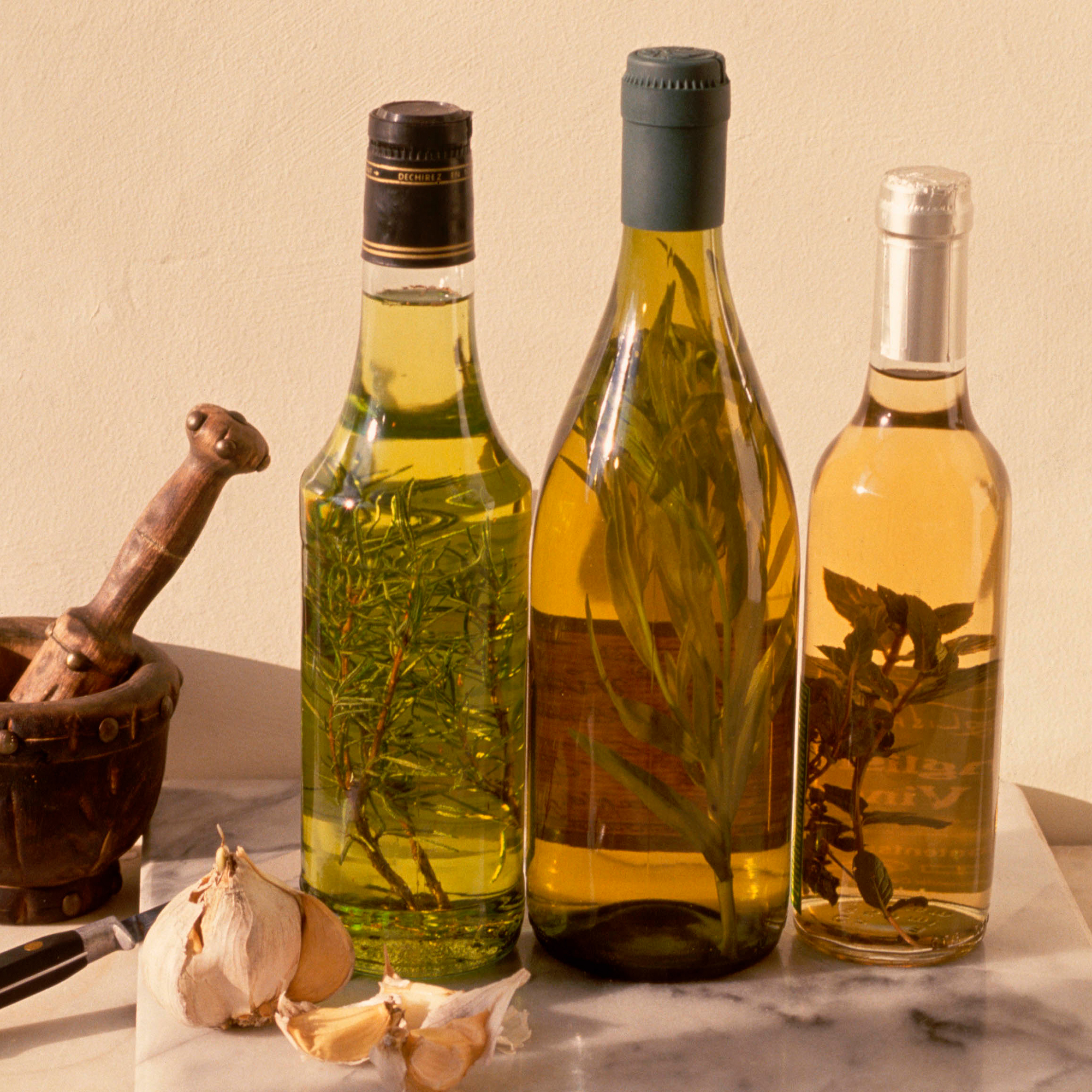
Chances are you might have some infused vinegars in your kitchen cupboard, but as gorgeous as they may be to use in cooking, they're also one of the types of vinegars you shouldn't use for cleaning.
'Flavoured vinegars, such as raspberry, garlic, or tarragon-infused vinegars, are not ideal for cleaning,' stresses cleaning expert Baqir. 'These specialty vinegars contain added ingredients that can leave stains, sticky residues, or unwanted scents on surfaces.'
6. Dark, aged vinegars
Similarly to balsamic vinegar, the other dark coloured versions are best avoided.
'Dark, aged vinegars like sherry vinegar and red wine vinegar are not recommended for cleaning, especially on light-coloured surfaces,' says Baqir. 'They may stain or discolour certain materials due to their intense colour and can also have a stronger odour that lingers.'
7. Expired or spoiled vinegars
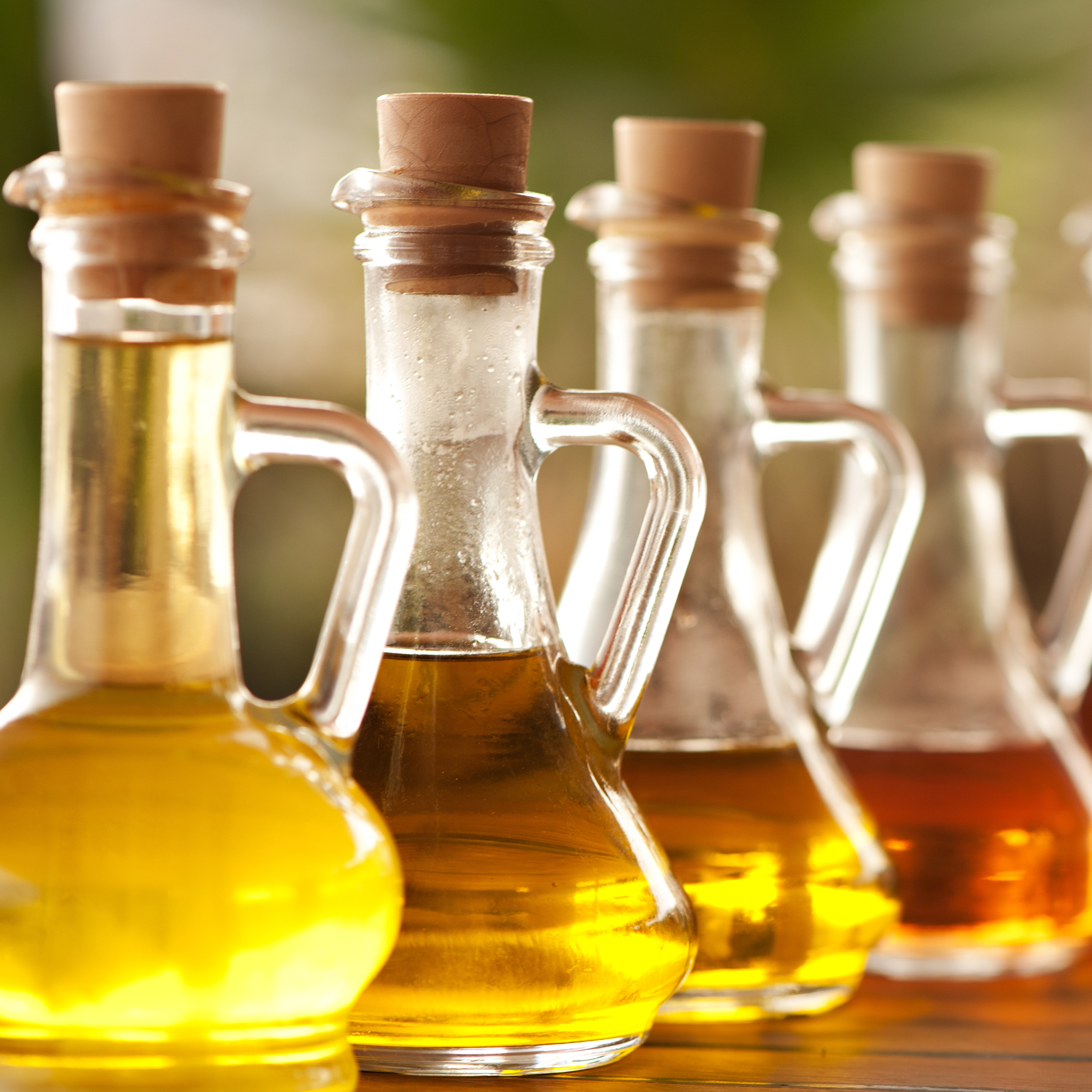
Even if you've been careful to ensure you're steering clear of the types of vinegars you shouldn't use for cleaning, you might still trip up by not checking if they're at their prime.
'Using expired or spoiled vinegar for cleaning is not advisable,' warns Baqir. 'Vinegar can spoil over time, and using such vinegar may introduce unwanted bacteria or mould into your cleaning process. Always check the expiration date and ensure the vinegar is in good condition before using it for cleaning tasks.'
Can all vinegars be used for cleaning?
The short answer? No. While most types of vinegars will be useful in some way for keeping your house clean, it's usually best to stick with white distilled vinegar. That said, there are certain areas where you should avoid using even this, including stainless steel and waxed wood. The types of vinegars you should always try and steer clear of tend to be those with a dark colour, or a strong smell.
Get the Ideal Home Newsletter
Sign up to our newsletter for style and decor inspiration, house makeovers, project advice and more.

Thea Babington-Stitt is the Managing Editor for Ideal Home. Thea has been working across some of the UK’s leading interiors titles since 2016.
She started working on these magazines and websites after graduating from City University London with a Masters in Magazine Journalism. Before moving to Ideal Home, Thea was News and Features Editor at Homes & Gardens, LivingEtc and Country Homes & Interiors. In addition to her role at Ideal Home, Thea is studying for a diploma in interior design with The Interior Design Institute.
-
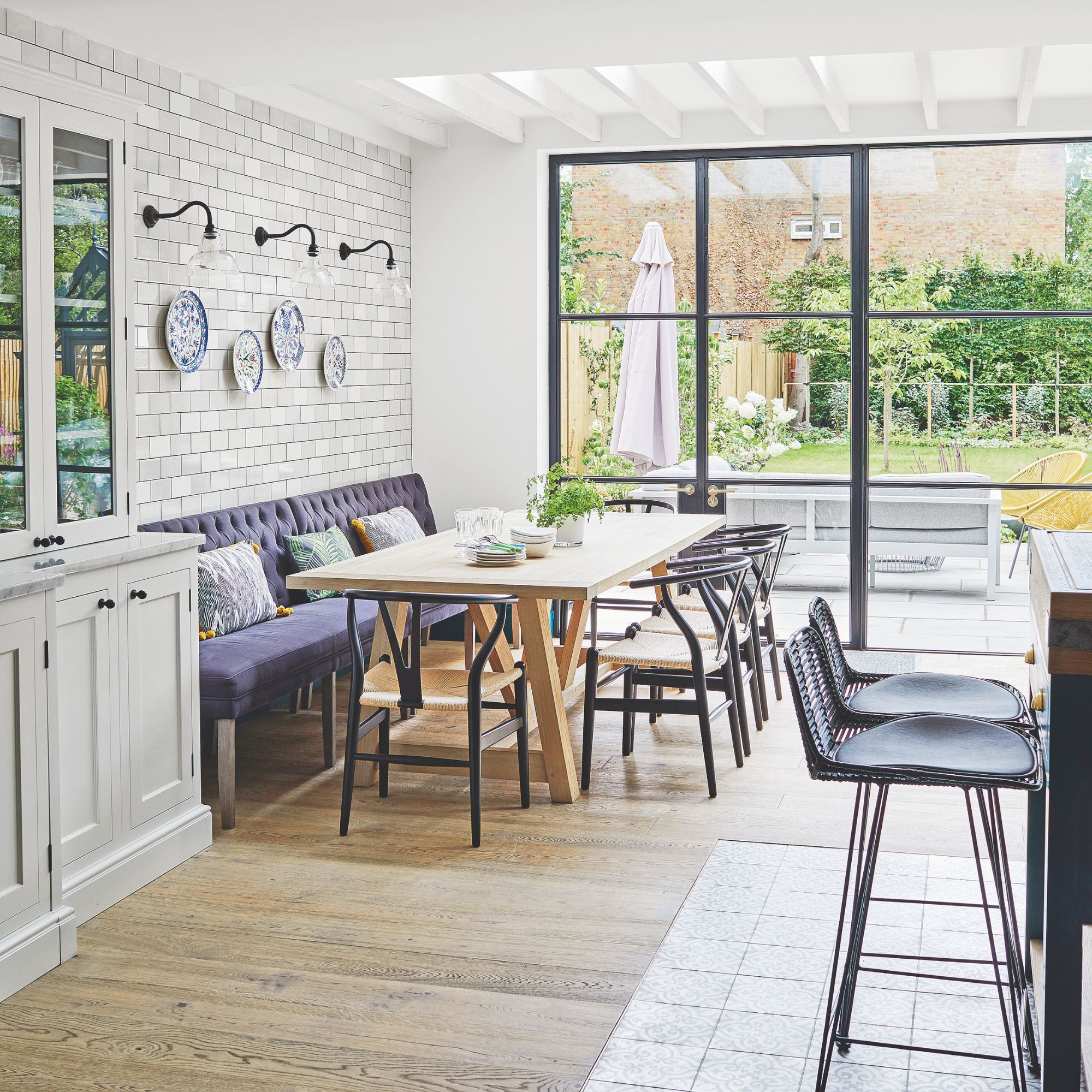 ‘Städdag’ is the Swedish cleaning method I’ve been using to clean my home for months — this is why I’ll never clean any other way
‘Städdag’ is the Swedish cleaning method I’ve been using to clean my home for months — this is why I’ll never clean any other wayThe Scandinavians (and now me) swear by it
By Lauren Bradbury
-
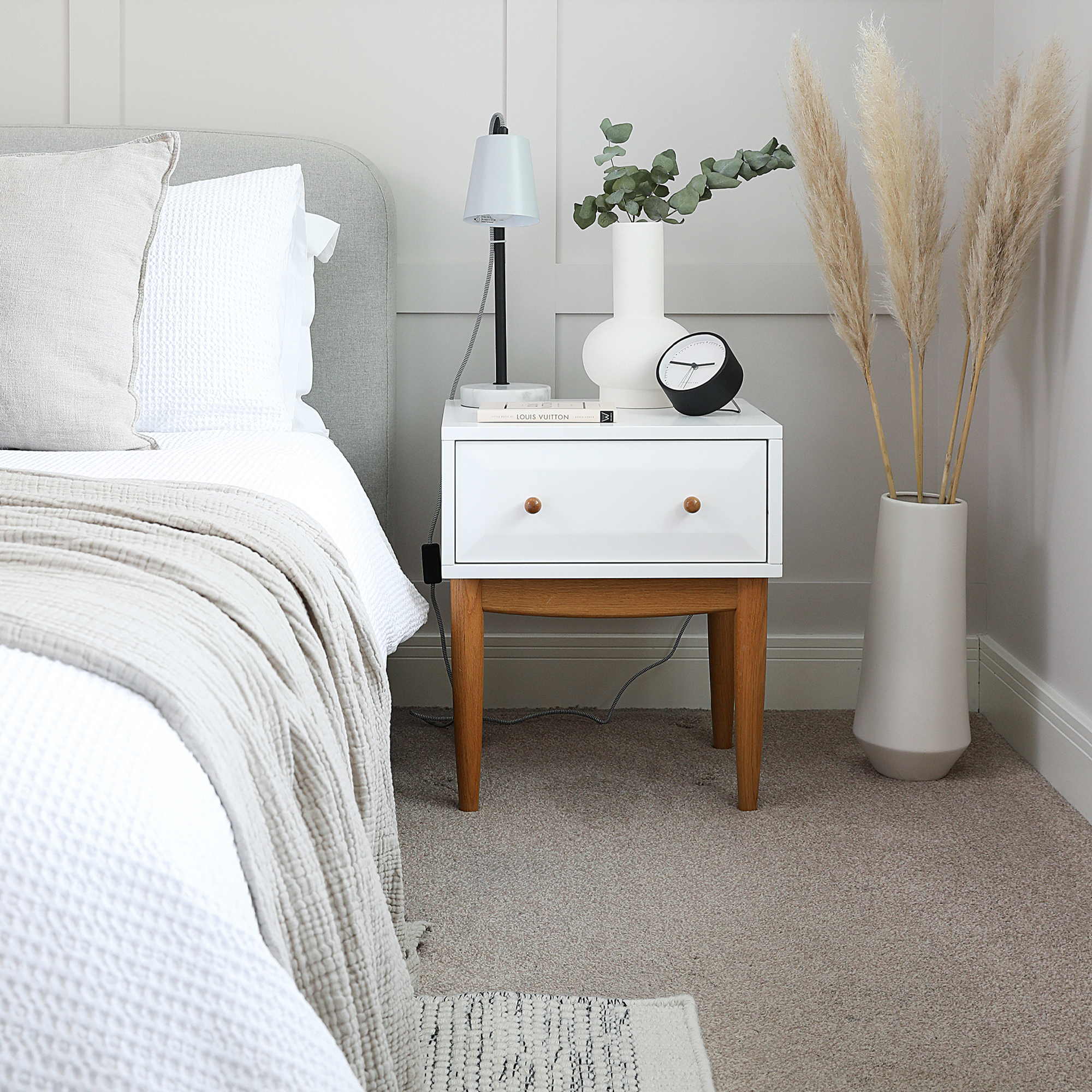 Dunelm has just launched a heatwave-busting bed sheet that's only £9 – it will help eliminate hot and sweaty nights during the heatwave
Dunelm has just launched a heatwave-busting bed sheet that's only £9 – it will help eliminate hot and sweaty nights during the heatwaveToo hot and sweaty at night? Your bed sheets could be the problem, and Dunelm has a solution
By Amy Lockwood
-
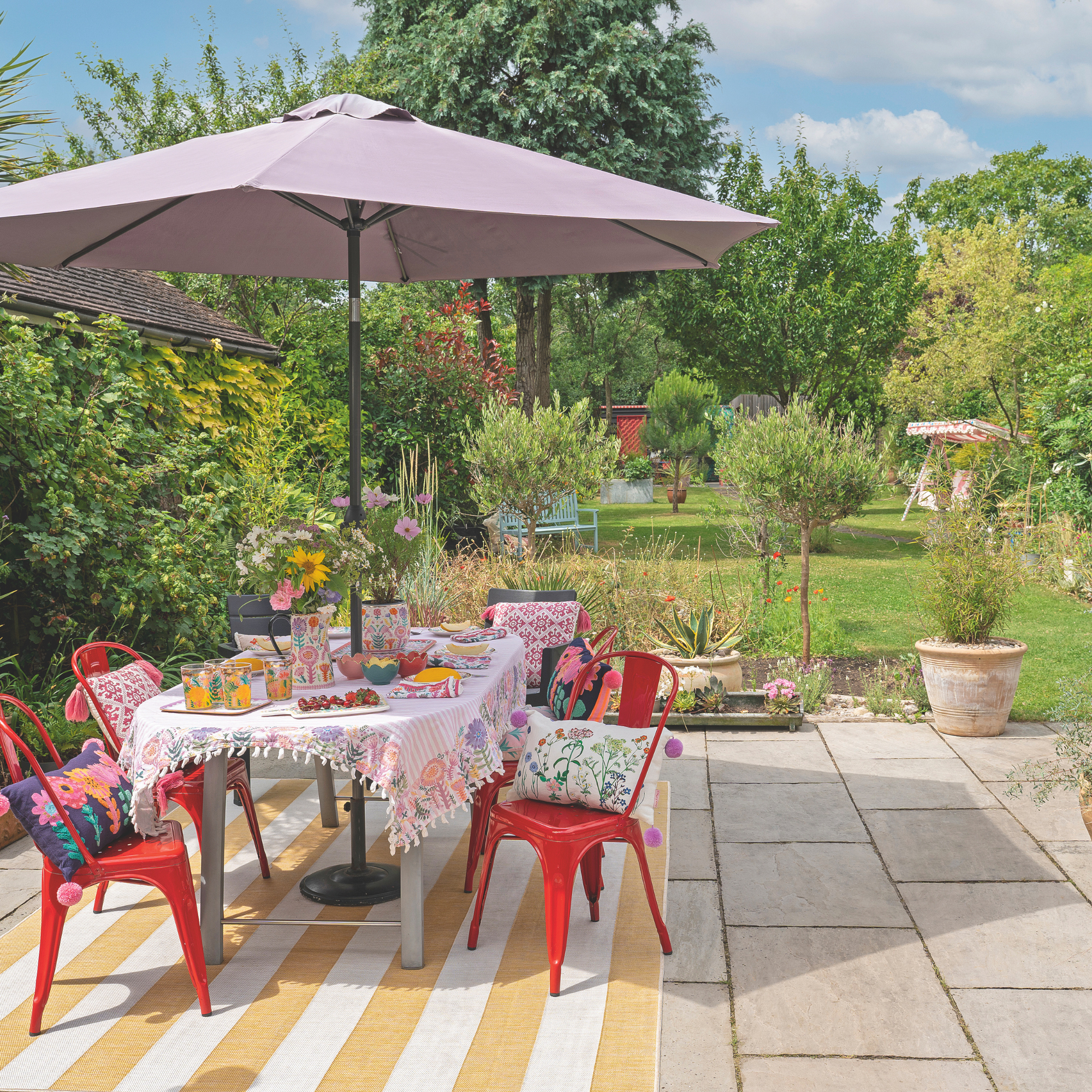 The one-year decluttering method is the key to clearing garden clutter this bank holiday – experts say it’s one of the simplest approaches
The one-year decluttering method is the key to clearing garden clutter this bank holiday – experts say it’s one of the simplest approachesBanish garden clutter with this simple and effective method
By Kezia Reynolds